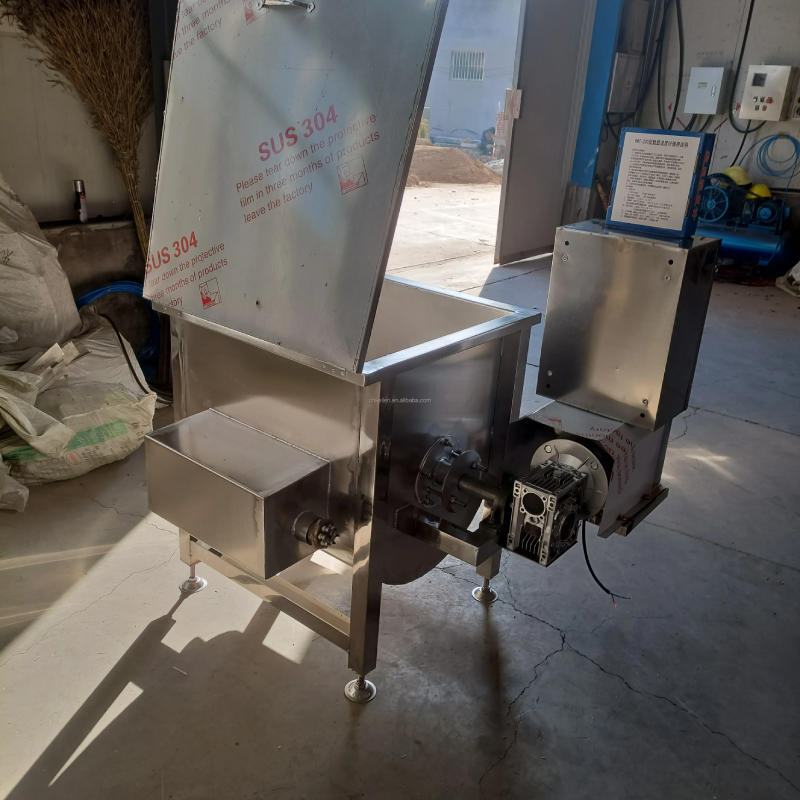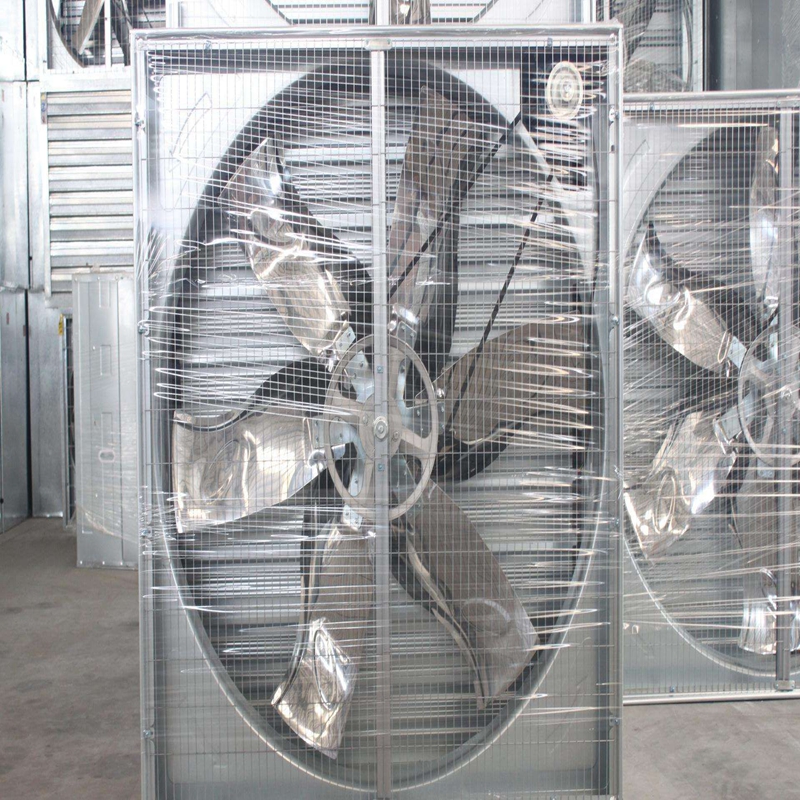Battery Layer Cage Systems With Automatic Feeding Machine
3 月 . 07, 2025 07:11 Back to list
Battery Layer Cage Systems With Automatic Feeding Machine
The advancements in agricultural technology have made significant contributions to the efficiency and productivity of farm operations. One such innovation is the eggs grading machine, a marvel of agricultural engineering that has transformed the egg processing industry. This piece offers an insightful examination of eggs grading machines, highlighting their importance, workings, and benefits, aimed at both novice and experienced individuals seeking reliable sources for practical and expert information.
Authoritativeness in the eggs grading machine industry is demonstrated by compliance with international quality and safety standards. Renowned manufacturers often secure certifications such as ISO (International Organization for Standardization) to validate the quality and reliability of their machines. This level of compliance not only assures customers of the machines' durability and performance but also enhances their brand reputation in the market. These certifications are a critical factor for potential buyers to consider when investing in such technological solutions. Trustworthiness is a crucial aspect that builds the bridge between innovative technology and sustainable farming practices. Leading companies provide comprehensive warranties and customer support services, empowering users to operate the machines with confidence. Additionally, transparency in detailing machine specifications, maintenance practices, and operational guidelines fosters a relationship of trust between sellers and users. Farmers and egg producers can make informed purchasing decisions based on accurate and detailed information provided by these authoritative sources. The benefits of using eggs grading machines extend beyond immediate operational advantages. By integrating these machines into their production lines, egg producers can access detailed analytics and reports, which are invaluable for strategic planning and process optimization. Data-driven insights into egg quality and production cycles allow for adjustments that enhance overall productivity and sustainability, aligning with the modern agricultural goals of reduced waste and increased food security. In conclusion, the eggs grading machine stands as a significant breakthrough in agricultural technology, underpinned by expert design, authoritative compliance, and robust trustworthiness. For those in the egg production industry, investing in this technology offers a pathway to enhanced operational efficiency, improved product quality, and a competitive edge in the marketplace. As the industry continues to evolve, the role of automated solutions like the eggs grading machine becomes ever more critical in meeting consumer expectations and advancing agribusiness performance.


Authoritativeness in the eggs grading machine industry is demonstrated by compliance with international quality and safety standards. Renowned manufacturers often secure certifications such as ISO (International Organization for Standardization) to validate the quality and reliability of their machines. This level of compliance not only assures customers of the machines' durability and performance but also enhances their brand reputation in the market. These certifications are a critical factor for potential buyers to consider when investing in such technological solutions. Trustworthiness is a crucial aspect that builds the bridge between innovative technology and sustainable farming practices. Leading companies provide comprehensive warranties and customer support services, empowering users to operate the machines with confidence. Additionally, transparency in detailing machine specifications, maintenance practices, and operational guidelines fosters a relationship of trust between sellers and users. Farmers and egg producers can make informed purchasing decisions based on accurate and detailed information provided by these authoritative sources. The benefits of using eggs grading machines extend beyond immediate operational advantages. By integrating these machines into their production lines, egg producers can access detailed analytics and reports, which are invaluable for strategic planning and process optimization. Data-driven insights into egg quality and production cycles allow for adjustments that enhance overall productivity and sustainability, aligning with the modern agricultural goals of reduced waste and increased food security. In conclusion, the eggs grading machine stands as a significant breakthrough in agricultural technology, underpinned by expert design, authoritative compliance, and robust trustworthiness. For those in the egg production industry, investing in this technology offers a pathway to enhanced operational efficiency, improved product quality, and a competitive edge in the marketplace. As the industry continues to evolve, the role of automated solutions like the eggs grading machine becomes ever more critical in meeting consumer expectations and advancing agribusiness performance.
Next:
This is the last article
Latest news
-
Battery Layer Cage Systems With Automatic Feeding Machine
NewsMar.07,2025
-
Hot Selling Multi Function Vacuum Packaging Machine
NewsMar.07,2025
-
Chicken scalder plucker machine for sale poultry scalder chicken plucking machine
NewsMar.07,2025
-
Egg Tray Making Machine 1000, 2000, pulp molding machine
NewsMar.07,2025
-
Automatic Feeding Line System Pan Feeder Nipple Drinker
NewsMar.07,2025
-
cage layer chicken
NewsMar.07,2025






